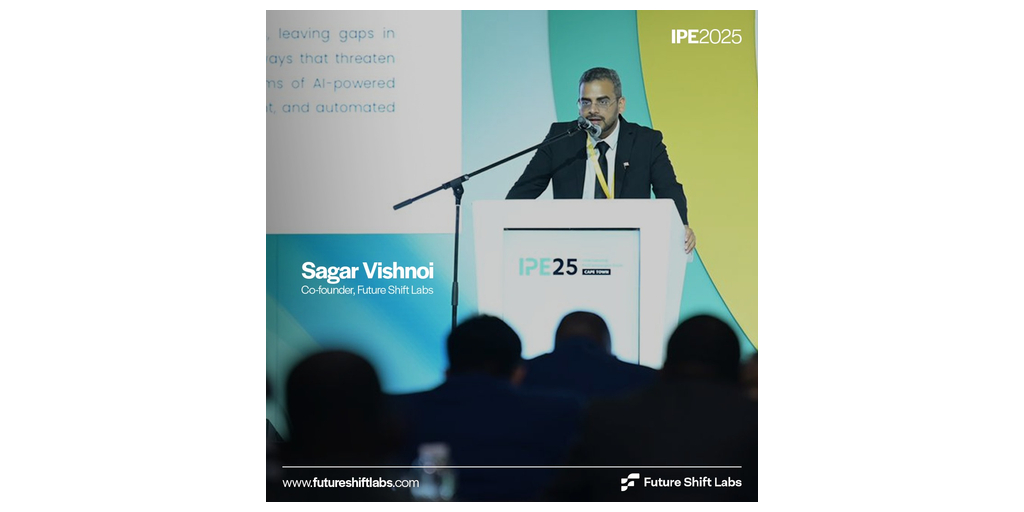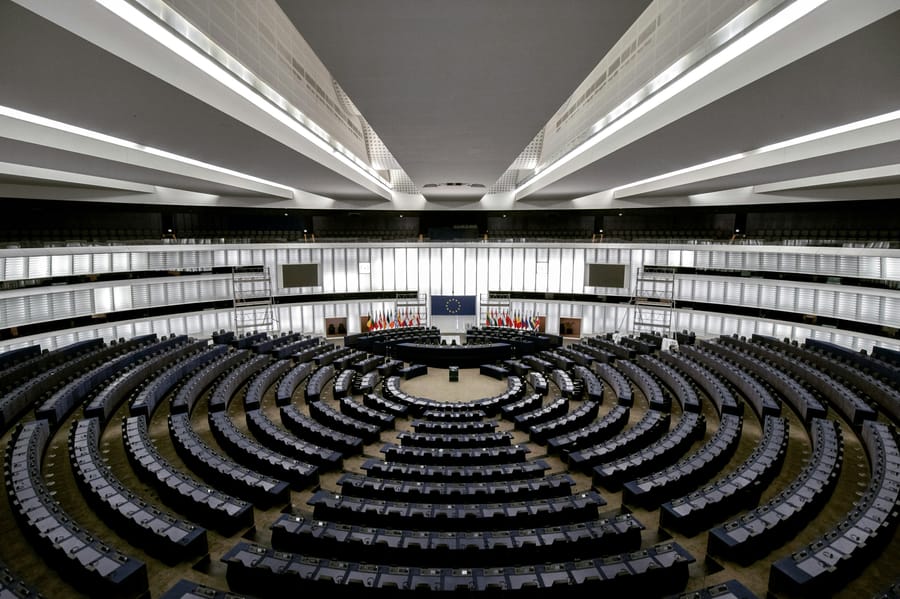There is currently insufficient data on the impact of artificial intelligence on elections to draw well-founded conclusions, while initial threat predictions have proven exaggerated. Researchers from the NYU Center for Social Media and Politics identified only 71 instances of AI use in election-related communication in 2024. Purdue University researchers documented nearly 500 cases since 2017, a figure that is not representative of the actual volume of online political content.
Research challenges are significantly compounded by the lack of transparency from platforms, as tech companies have reduced researchers’ access to their data, and existing political ad archives lack machine-readable metadata about AI usage. The actual impact of AI on elections appears more limited than previously predicted. According to Felix M. Simon and co-authors, early alarmist claims about AI and elections seem disproportionately exaggerated. Meta’s threat report also confirms that GenAI-supported tactics provide only incremental productivity and content-generation advantages.
While AI can indeed amplify existing issues and erode trust in democratic processes, it risks becoming a scapegoat, diverting attention from more serious threats to democracies. The Alan Turing Institute has examined over 100 national elections since 2023, identifying AI interference in only 19 cases, with election outcomes showing no significant deviation from polling data. Meanwhile, the Future Shift Labs 2025 report notes that in the United States—ranked third among 28 countries for polarisation—AI-generated propaganda further deepens societal divisions.
Sources:
1.

2.

3.











